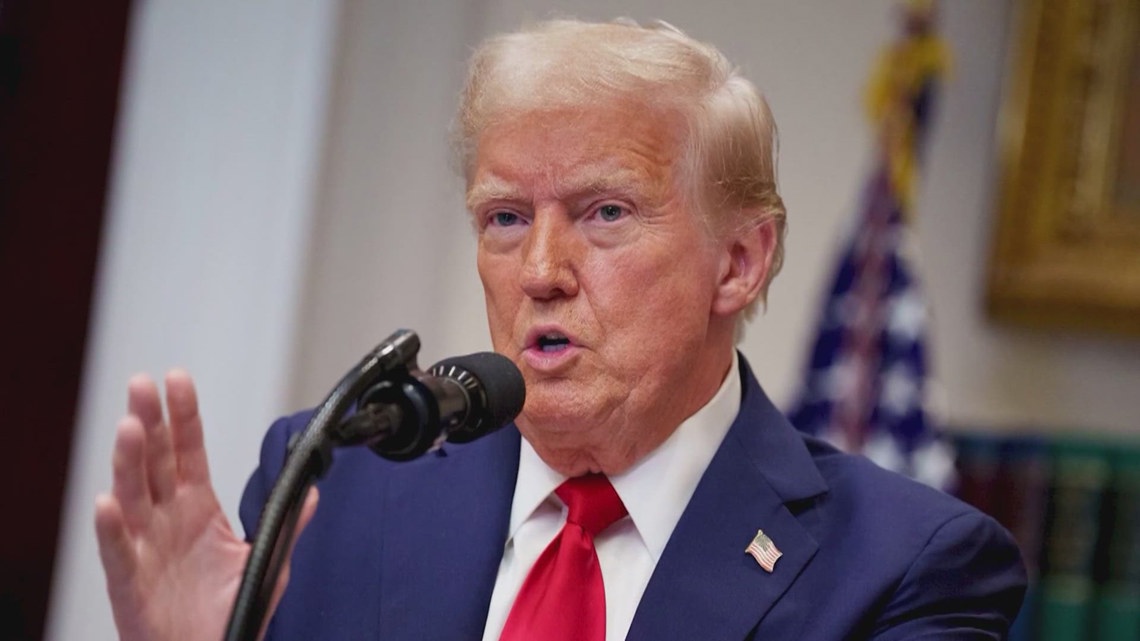
Immigration Attorney Gerardo Menchaca expects the executive order calling for an end to birthright citizenship to be caught up in the courts for quite a while.
SAN ANTONIO — A San Antonio-based immigration attorney is assuring his clients not to worry after President Donald Trump signed a slate of executive orders that could potentially impact their livelihoods.
“There is a climate of worry and fear in the immigrant community in the United States and not just for them but also people close to them,” said attorney Gerardo Menchaca.
One of the prominent pillars of the Trump presidential campaign focused on tightening border security and reforming immigration policy overall. He promised to carry out mass deportations of people in the U.S. illegally through an expedited process, although details are slim on how the Trump administration would proceed with the plan. A bolstered military presence along the border is to be expected following Trump’s declaration of a national emergency.
“I see it in the faces of children who are U.S. citizens but who happen to have parents who are undocumented and they’re worried that tomorrow they won’t have a dad,” Menchaca said.
More than 20 states are suing Trump over an executive order to rescind birthright citizenship for children born in the U.S. if their mother was in the country unlawfully and their father lacked legal status as well. Trump wants the order to be enforced in 30 days.
“This effort on his part is going to go nowhere because it is very clear in the Constitution that birthright citizenship is awarded to anybody born in the United States,” Menchaca said. “And I tell them not to worry about it, that one, this is going to be a very lengthy process that has to make its way through the courts.”
Trump’s presidential powers also shutdown the CBP One program, which asylum seekers from nations such as Cuba and Venezuela would use for scheduling appointments at one of the eight land ports of entry along the U.S.-Mexico border. A separate order reinstates the Remain in Mexico policy, which requires migrants seeking asylum services to stay in Mexico while they wait for their hearings in U.S. courts.
Menchaca stressed how this could negatively impact migrants, including the men and women he’s been working with.
“That was working relatively well up until now when all those appointments are cancelled. I suspect through a lawsuit, those appointments will be reinstated. The people I know that have their appointments cancelled, I say just hang in there.”
Another executive order restricts federal funds from assisting so-called sanctuary cities that refuse to comply with government agencies in clamping down on undocumented immigrants.
